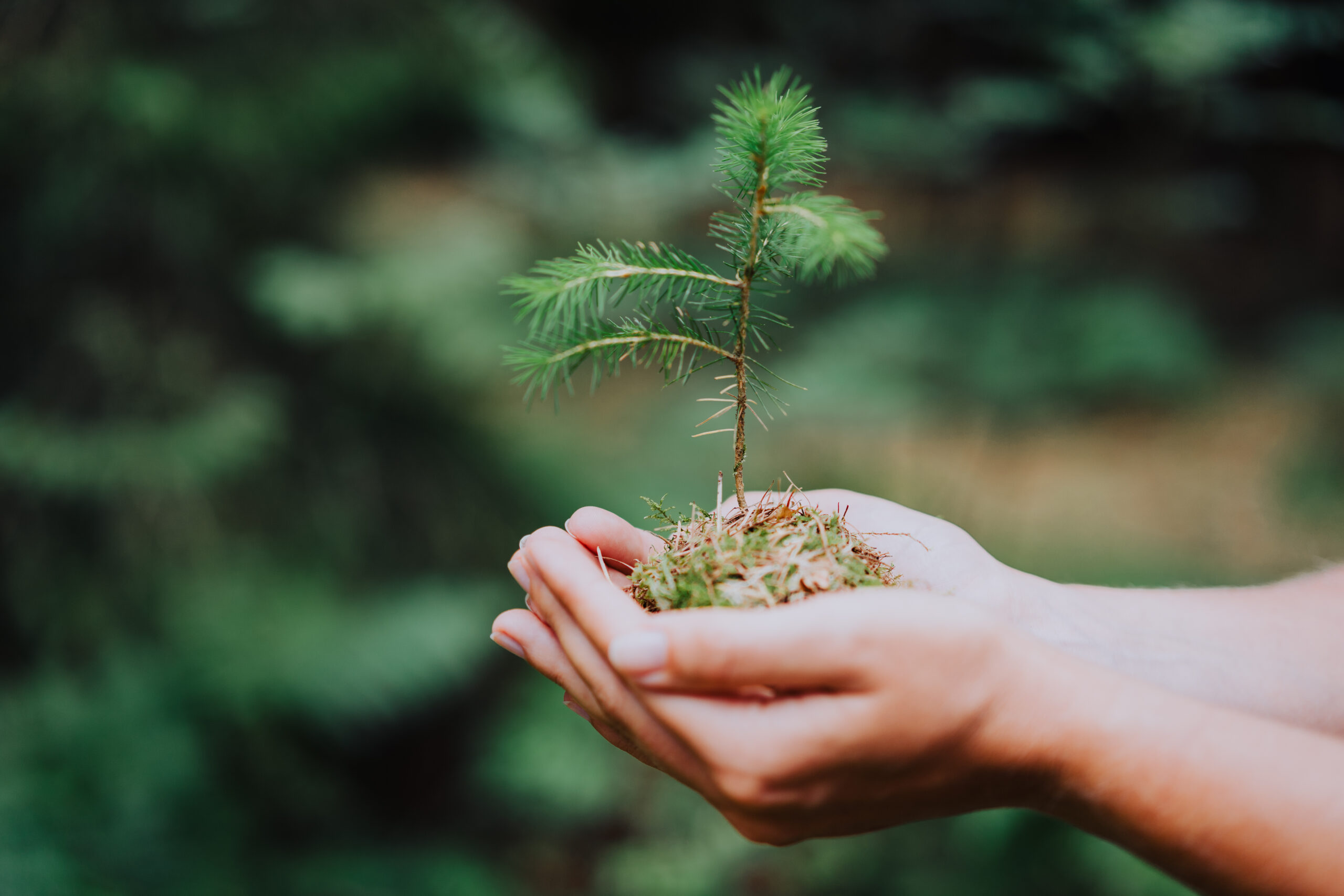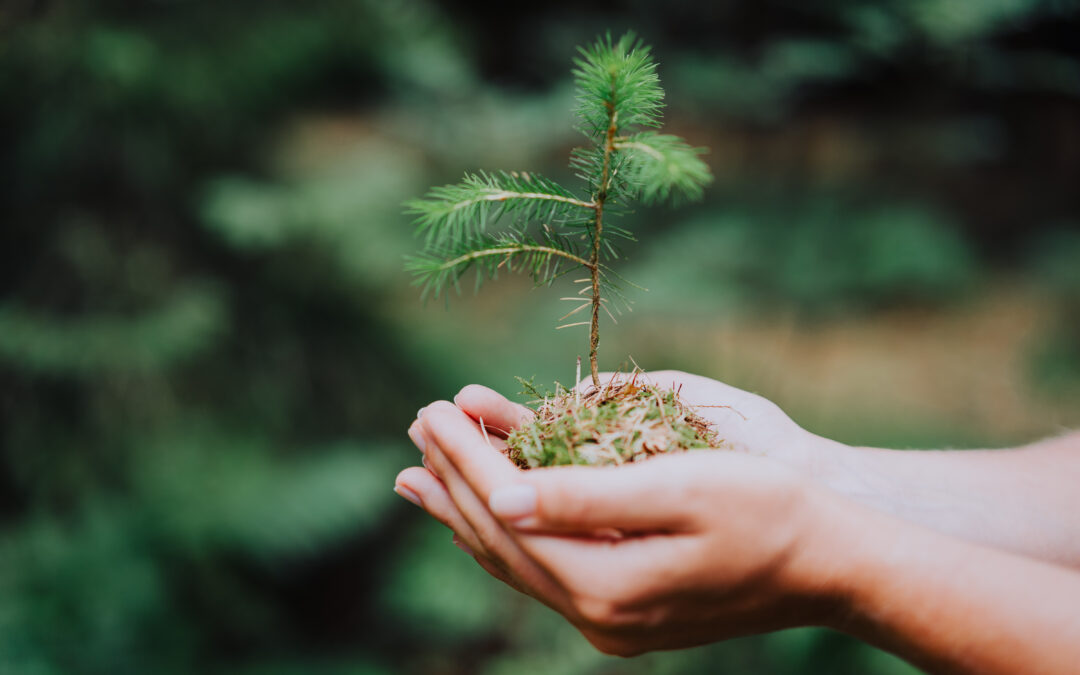Are you ready to start your own organic garden? If so, then this beginner’s guide is just what you need. Organic gardening has become increasingly popular in recent years as more people are looking for ways to grow their own fresh produce without the use of synthetic chemicals and pesticides. In this article, we will cover everything you need to know about how to start your own organic garden.
Introduction to Organic Gardening
Organic gardening involves growing plants using natural methods such as composting, crop rotation, and companion planting instead of relying on synthetic fertilizers and pesticides. By using these techniques, you can create a healthy and sustainable garden that produces delicious fruits and vegetables while also promoting environmental sustainability.
Choosing the Right Plants and Soil
The first step in starting an organic garden is choosing the right plants and soil. When selecting plants, choose those that are well-suited to your climate and growing conditions. You may want to consider planting heirloom varieties which are better adapted to local conditions than hybrid seeds. Additionally, make sure to select plants that are suitable for organic farming practices like crop rotation and companion planting.
When it comes to soil, you should aim to create a nutrient-rich environment that encourages healthy root growth. One way to do this is by adding plenty of organic matter like compost or manure to your soil. This will help improve drainage and aeration while also providing essential nutrients for your plants.
Tips for Growing Your Own Organic Vegetables
Once you have selected your plants and prepared your soil, it’s time to start growing your own organic vegetables. Here are some tips to get you started:
1. Water regularly but don’t overwater – Make sure to water your plants regularly, but avoid overwatering which can lead to fungal diseases.
2. Use natural pest control methods – Instead of reaching for chemical pesticides, try using natural remedies like neem oil or garlic spray to repel pests.
3. Practice crop rotation – Rotating crops helps prevent depletion of nutrients in the soil and reduces the likelihood of pests and disease.
4. Harvest at the right time – Timing is critical when harvesting vegetables. Pick them when they are ripe but not too late otherwise, they won’t taste good.
Common Mistakes to Avoid When Starting an Organic Garden
Starting an organic garden requires careful planning and attention to detail. Here are some common mistakes to avoid when getting started:
1. Not preparing the soil properly – Poor soil quality can result in stunted plant growth and increased susceptibility to pests and disease.
2. Overwatering – As mentioned earlier, overwatering can cause problems with fungal diseases.
3. Neglecting to practice crop rotation – Crop rotation is crucial for maintaining healthy soil and reducing pest and disease pressure.
4. Using synthetic products – Even small amounts of synthetic chemicals can contaminate your entire garden and undermine its organic status.
Conclusion
In conclusion, starting an organic garden doesn’t have to be difficult. With proper planning, attention to detail, and a commitment to natural farming practices, anyone can create a beautiful and bountiful organic garden. Remember to follow the tips outlined above and avoid common pitfalls to ensure success. Happy gardening!




